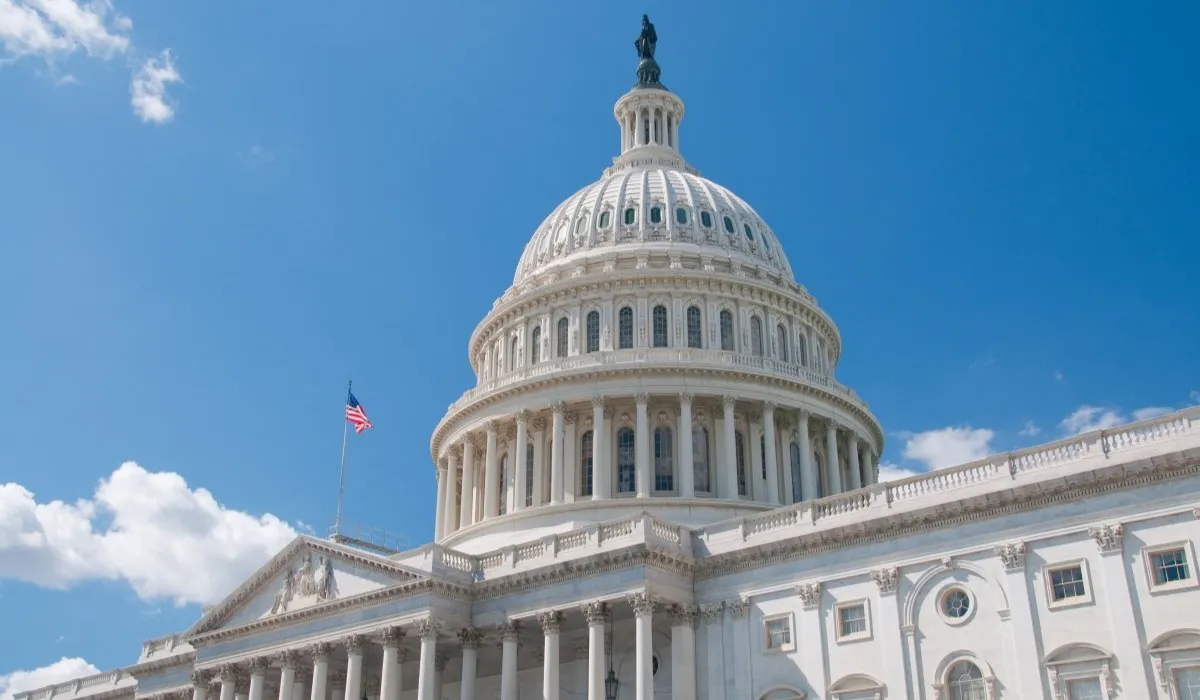Chla, Hpc Urge Funding Increases For Fha, Ginnie Mae Ahead Of Federal Spending Debate

The Community Home Lenders of America (CHLA) and the Housing Policy Council (HPC) on Monday submitted a joint letter to a House of Representatives subcommittee in which it urged lawmakers to provide higher funding levels already approved in the Senate for the Federal Housing Administration (FHA) and Ginnie Mae.
The higher funding levels would go toward salaries and other expenses for the two agencies. But ensuring that they can continue operating to provide needed support to homebuyers and homeowners is essential, the letter explained.
“We seek the higher funding levels for Ginnie Mae and FHA, so that both agencies can sustain their capacity to fulfill their mission to serve first-time homebuyers,” the letter reads. “Given the ongoing challenges facing the housing market — with high home prices and rising interest rates — first-time homebuyers rely on the FHA and Ginnie Mae for affordable home loans and need these organizations to be adequately resourced to support the mortgage market.”
There is a $13 million gap between the previously approved House spending package for Ginnie Mae and the $67 million level approved by the Senate. While the difference is “relatively small,” the letter noted, the fiscal year 2025 budget projection for Ginnie Mae is that it will generate nearly $1.4 billion in profits next year.
The higher funding level remains important, the groups argue, since the services Ginnie Mae provides are essential in fulfilling its responsibilities and focusing on its core mission. This includes “marketing Ginnie Mae securities to global investors and conducting oversight of the 300-plus companies that issue Ginnie Mae securities backed by FHA, [the Rural Housing Service (RHS)], and [Department of Veterans Affairs (VA)] loans.”
The letter also cites a need to maintain ongoing work designed to boost liquidity for the mortgage sector. It also urges support for issuers’ “ability to make principal and interest advances toGinnie Mae investors when borrowers are delinquent, and to buy loans out of pools in order to perform essential loss mitigation.”
The groups also encourages full funding for the FHA by citing its recent Annual Report to Congress and the positive capital ratio that the agency maintained on its Mutual Mortgage Insurance (MMI) Fund.
Neither the House nor the Senate approved the full White House funding request for FHA in previously passed bills. The Senate subcommittee appropriations bill set funding at $505.7 million while the House bill allotted $487.6 million. The FY 2025 budget requested $509 million for FHA.
“We request the higher level of $505.7 million be adopted in the final conference report,” the letter stated. “The difference between the two bills is relatively small, in relation to the FY 2025 budget projection that FHA forward mortgage loans will generate approximately $4.444 billion in profits (negative credit subsidies) next year.”
The last temporary spending package passed by Congress — referred to as a “continuing resolution (CR)” — occurred in late September and expires on Dec. 20. Congress has until then to pass a new CR to avoid a government shutdown, a short timeline considering both the holiday season and the fact that a new Congress will be sworn in just after New Year’s Day.
According to reporting at Politico, issues are forming within the House Republican ranks that Speaker Mike Johnson (R-La.) must navigate to ensure the passage of a spending package by the deadline. Conservative hardliners in the House are generally opposed to spending increases, which is likely to require Democratic votes to pass before going to President Joe Biden’s desk to be signed into law.
Editor’s note: This story has been updated to reflect that the letter was submitted jointly by the CHLA and HPC.


